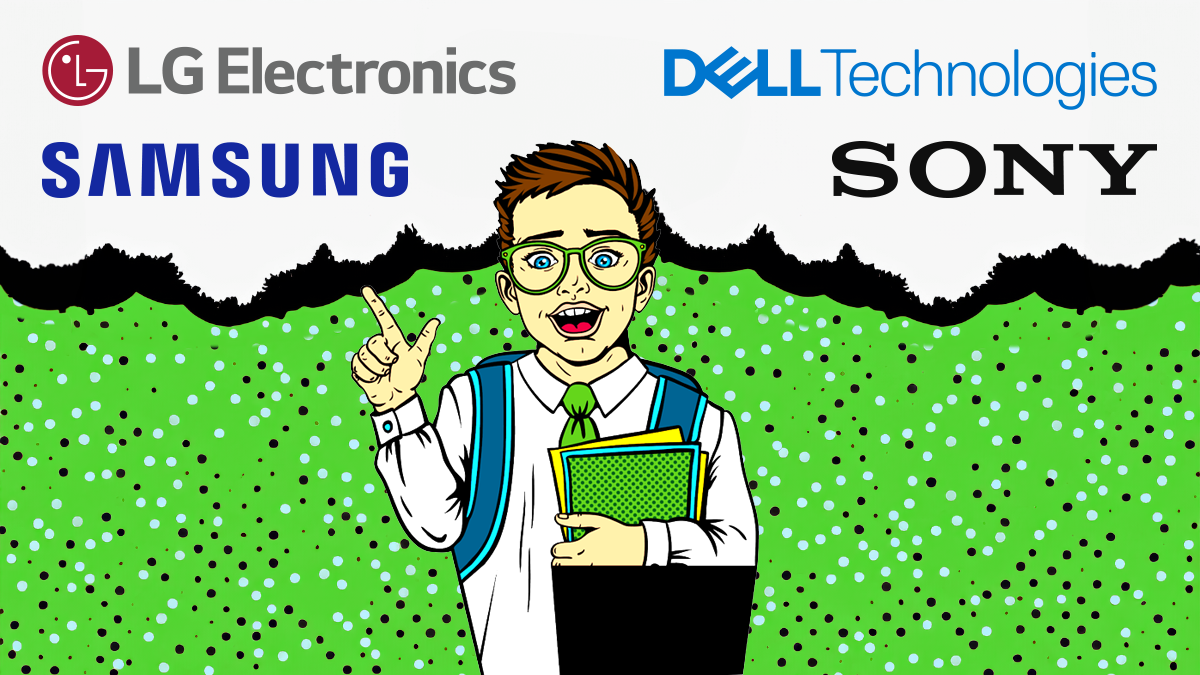Recent Mintel research continues to show Millennials (ages 28 to 43) and their younger counterparts, Gen Z, place more emphasis on factors such as quality and sustainability in their purchasing decisions. Tech organisations are taking additional steps to address this rising demand by using recycled and renewable materials in the creation and packaging of their devices.
UC Advanced has rounded up some recent noteworthy organisations and their green-leaning devices that are championing ESG (Environmental, Social and Governance) initiatives.
Samsung
Samsung has taken steps to ensure its operations are more sustainable, winning
13 sustainable materials management awards to date in recognition of these efforts. One example of how Samsung is taking steps to be greener can be seen in its Galaxy S22 series. Samsung has incorporated plastics taken from recycled fishing nets into manufacturing the Galaxy S22. The Galaxy S24 Ultra uses even more recycled materials than the S22, incorporating 50% recycled cobalt and rare earth elements into the battery. The phone’s speakers also make use of recycled materials and are made from 100% recycled neodymium. Samsung is committed to improving its sustainability efforts, setting itself the target of using recycled plastics in all its new phones and eliminating all plastic in mobile packaging across all phone models by 2025.
LG
LG has focused on reducing waste both in the design of its OLED TVs and at the end of their OLED TV’s life cycle. The OLED evo series TV is around 20% lighter and uses 40% less plastic than an LCD TV of the same screen size. Furthermore, 30% of the materials used in the back covers of LG OLED evo models, QNED TVs, and NanoCell TVs come from recycled plastics.
LG is also reducing waste through its takeback scheme in which customers can drop off or post their appliances to LG recycling stations. Plastics and other materials are recovered during this process and used to create new components that are then used in new LG products such as refrigerators. By 2030, LG is aiming to recycle 95% of its waste at production sites.
Sony
Recycled materials have been incorporated into Sony products from as early as 2002 when vegetable-based plastics were incorporated into the Sony Walkman. Today, Sony uses recycled plastics in many of its products, including its BRAVIA TVs and Xperia phones. The A95K/A90K/A80K BRAVIA TV series makes use of a particular type of recycled plastic called SORPLAS. This material is made from used water bottles and waste optical discs collected from factories and markets. SORPLAS is particularly useful as it is strong and resistant to fire, unlike many recycled plastics. Sony states that CO2 emissions produced from SORPLAS can be approximately 72% lower than flame-retardant virgin plastic used in the same application.
Dell
Dell is committed to creating products made from over 50% recycled or renewable materials and 100% renewable packaging by 2030. In 2024, sales of several Dell laptops in the Inspiron and Latitude lines incorporate recycled materials into their design. 50% of the plastics used in the bottom cover, inner frame and battery frame for the Inspiron 16 Plus are recycled, while 50% of the cobalt used in the Inspiron’s battery is recycled. The Latitude 5000 series also uses recycled materials. 20% of the system base contains reclaimed carbon fibre, 39% of the laptop’s rubber feet are made from castor bean oil, and 28% of the fan housing is composed of ocean-bound plastics.
The future
Samsung, LG, Sony and Dell are just a few examples of tech organisations embracing sustainability in their devices, used daily by billions of Millennials, Gen Z’s and other demographics of the population. By creating quality devices that incorporate recycled and renewable materials, these organisations demonstrate that sustainability does not have to come at the expense of quality.
As Gen Z and Gen Alpha (the first generation of people born in the 21st century, from 2010 to 2024) begin to exert greater spending power in the market, we at UC Advanced expect to see tech organisations release more quality devices that feature recycled and renewable components.










